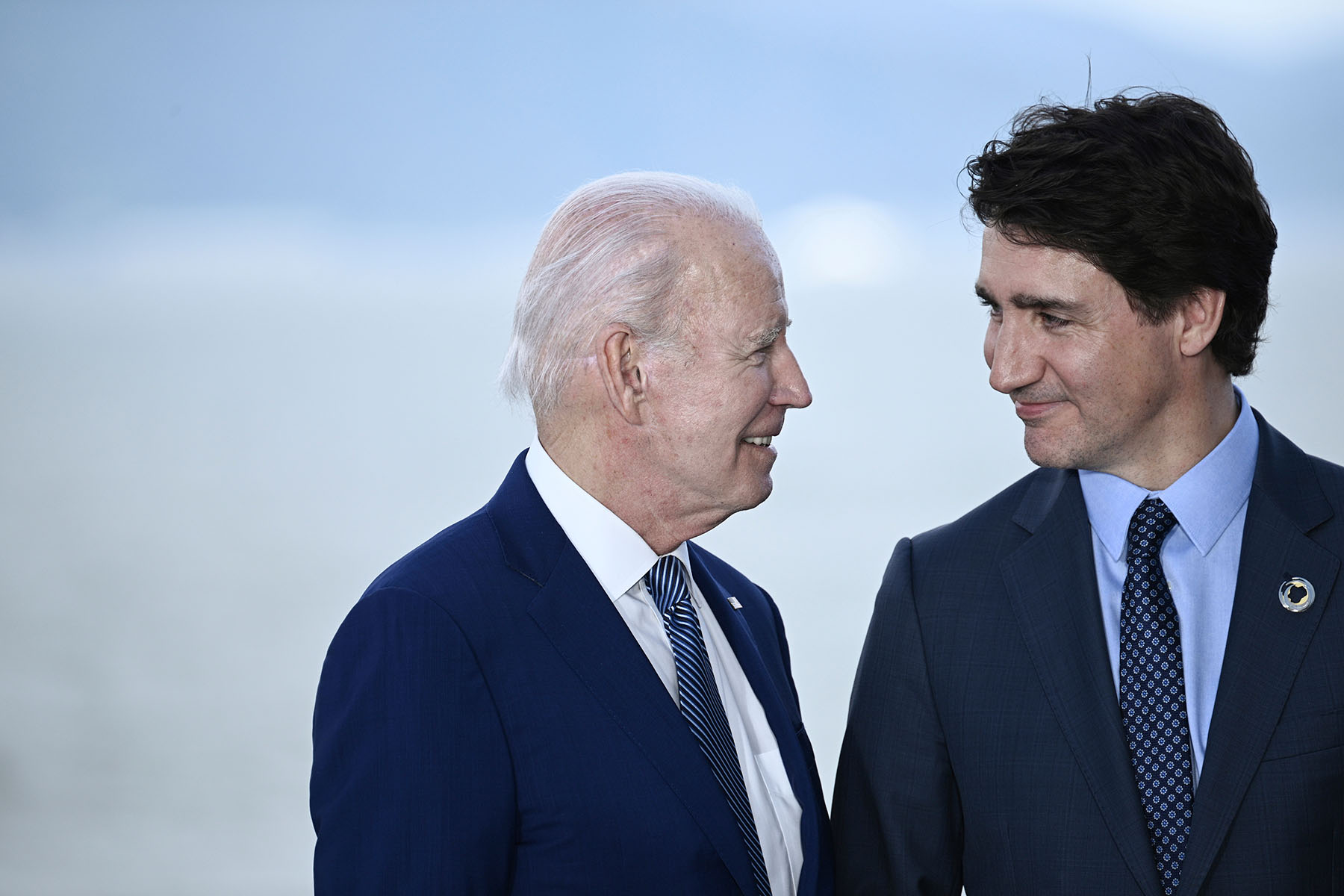ALMOST EVERY DAY, I hear someone talk about how terrible things are right now. Whether it’s the crushing cost of housing, the escalating climate crisis, misinformation and rabid disinformation, the ongoing effects of the COVID-19 pandemic, or the humanitarian crisis in Gaza—the list is endless. Older family members on both sides of the Canada–US border shake their heads and make comments about how terrifying and screwed up their country is. My ninety-two-year-old great aunt has said she’s glad she won’t be around much longer, while others in their seventies have put it more bluntly: it’s a good time to die. These are off-the-cuff statements, but they always leave me with a sinking feeling.
These days, what’s considered terrible is often a point of contention. What I think is terrible about our current situation isn’t necessarily what others think, nor do we agree on who or what can rectify it. And yet, across the political spectrum, across demographics and borders, there’s a palpable sense that things are broken and we need real change—fast. It’s as if critical aspects of the world we thought we lived in have finally started to crumble. Chronic instability is at the heart of it, the recognition that we’re living through a turbulent time in history.
This desire for change is one reason why calls for US president Joe Biden and Canadian prime minister Justin Trudeau to not seek re-election feel so similar, though there are major differences between the two. Biden’s biggest liability is his age. At eighty-one, he’s part of the so-called Silent Generation, while Trudeau is quintessentially Gen X. Biden’s only been president since 2021, but he was vice president from 2009 to 2017, under Barack Obama. Trudeau’s been leading this country since 2015.
But both Biden and Trudeau embody an ethos and vision that are in stark contrast to the reality we’re facing. Both display a breathtaking confidence in their political prospects that borders on entitlement, as well as an inability to meaningfully address the severity of our current polycrisis. In Biden’s interview with ABC News on July 5, an interview that was supposed to calm nerves after his catastrophic appearance in the first presidential debate, Biden rejected any claims of pessimism. The New York Times called it “an exercise not just in damage control but in reality control.” Trudeau and his inner circle have similarly dismissed the storm brewing, especially after the recent by-election loss to the Conservatives in Toronto-St. Paul’s, previously a safe Liberal riding. As investigative journalist Justin Ling put it in an article for this publication, “if this government hopes to heal itself, Trudeau himself will need to appreciate—not explain away, or deflect, or tamp down—the anger that people are feeling.”



see for yourself, use any instance that doesn’t wholesale de-federate with any other instances. you’ll see that any post that has a pejorative tilt on liberal leaders or causes (especially biden and gaza) will have majority downvotes; resulting in little to no engagement; while similar posts anywhere else on the lemmyverse have active discussions and mixed voting.
lemmy.world is the best example of this.
Ok. Please describe what you believe “liberal” means in this context.
it’s shorthand for neoliberalism and here’s a wiki article on it.
tldr:
Thank you.
Please use neo-liberal in future comments instead of the vague “liberal”.
To me “neoliberal” implies something more strongly and consciously right-leaning than “liberal”, which includes all the wishy-washy centrists who think a little bit of tinkering around the edges and an appeal to decency and fairness can fix the problems of capitalism, without ever recognizing them as basic features of capitalism itself. So there’s a purpose to using the term “liberal”: it’s broader, and includes ideological neoliberals as well as those who think they’re leftish but actually cooperate with and facilitate all the exploitation around us.
How can you say …
the contradict yourself with …
???
Are you saying lemmy.world loves Biden, especially his active participation in providing the bombs used to blow up kids in Gaza?